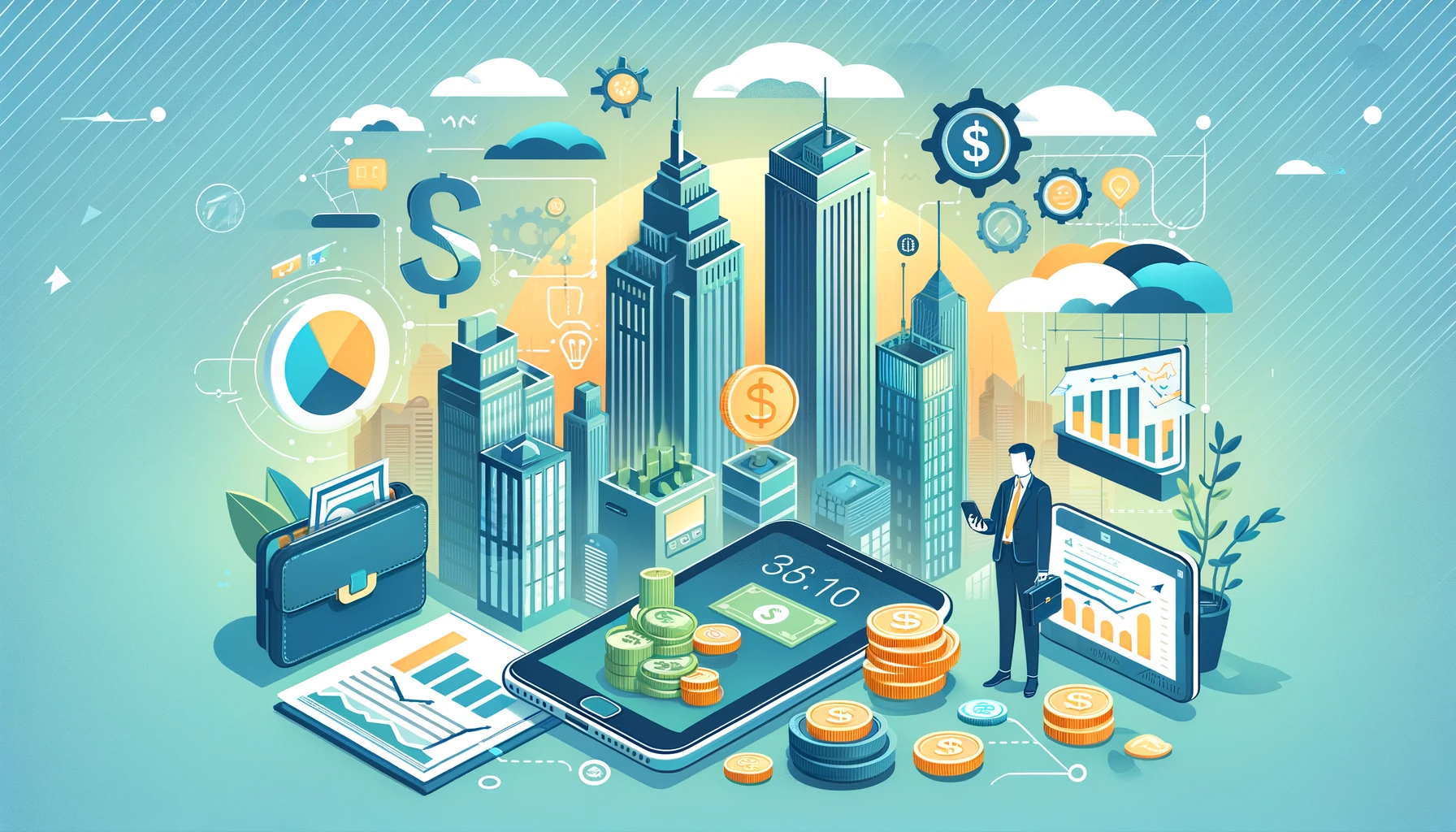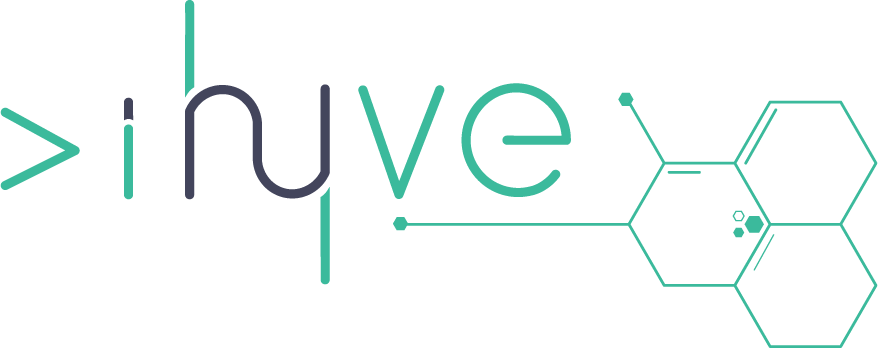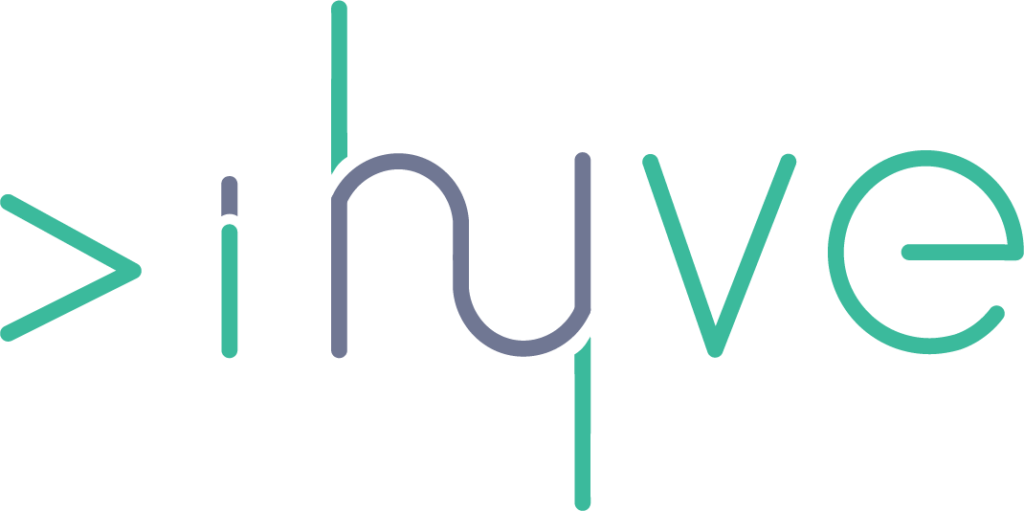Worldcoin, a new cryptocurrency project co-founded by Sam Altman, CEO of the AI research laboratory OpenAI, has officially launched. But what actually is the initiative and what can we expect to see from it in the future?
The Worldcoin project is building the world’s largest identity and financial network as a public utility and aims to give ownership to everyone.
In order to do so, the new product requires one thing from its users: to scan their iris to confirm their identity and begin building a digital ‘World ID’. To do this, users will need to find one of Worldcoin’s devices called ‘Orbs’. Once verified, users can use this ‘World ID’ to sign into a wide range of websites, mobile apps and decentralised applications (dApps).
World ID aims to help users identify themselves to third parties without revealing their details including contact numbers, email addresses and passwords. Once their identity has been established, users can receive free Worldcoin tokens, as part of its efforts to provide a universal basic income (UBI).
Alongside its global launch, Worlcoin unveiled plans to scale Orb sign-ups for World ID to more than 35 cities across 20 countries globally.
Alex Blania, co-founder of Worldcoin
Alex Blania, co-founder of Worldcoin and CEO of Worldcoin’s parent company Tools for Humanity, emphasised how the ID could help tell humans apart from AI-generated bots: “In the age of AI, the need for proof of personhood is no longer a topic of serious debate; instead, the critical question is whether or not the proof of personhood solutions we have can be privacy-first, decentralised and maximally inclusive.
“Through its unique technology, Worldcoin aims to provide anyone in the world, regardless of background, geography or income, access to the growing digital and global economy in a privacy-preserving and decentralised way. These protocol-level aims align closely with ours for World App.”
WLD token promise is “easily criticisable”
The potential for a UBI is one concept that has caught early attention with the launch. Worldcoin’s blockchain-based approach offers a new possibility for the idea of a guaranteed income for all worldwide. However, despite this potential, it is still unclear whether the ambitious proposal can become a reality.
Louis Schoeman, founder and managing director of cryptocurrency education platform Forex Suggest, discusses the sign-up process and shares his view of the promise of Worldcoin’s financial incentives:
Louis Schoeman, founder of Forex Suggest
“In order to create a World ID and therefore receive WLD tokens users will first need to visit a Worldcoin operator, who will authenticate their identity by scanning their eyes with an Orb. This data is then encrypted with a private key and uploaded on-chain.
“Users are enticed to share their biometric information with the promise of WLD tokens, a method easily criticisable considering those in less privileged conditions and developing countries.
“The Worldcoin cryptocurrency is now tradable and listed on several major exchanges including Binance. At the time of writing, the token has spiked over 50 per cent on its first day listed and should demand and interest persists, the WLD could be a major money maker for Altman and investors.”
How is World ID issued?
A World ID can be created in any World ID-compatible identity wallet, such as World App. To receive a fully verified World ID, a person must visit an Orb in-person to verify their uniqueness & humanness via iris biometrics.
— Worldcoin (@worldcoin) June 25, 2023
Regulatory teething problems for Worldcoin
While the initiative has enjoyed a positive beginning at its launch, already surpassing 2 million sign-ups worldwide, its ‘global’ launch has one significant emission: the United States.
The likes of the FTX, Luna, Binance and Coinbase debacles in the US have meant that the country’s regulators have taken a much stronger stance on the space, while uncertainty about how it should approach the space in the future remains.
Dr Justin Goldston, faculty member at Georgetown University
Dr Justin Goldston is a faculty member at Georgetown University and is a member of Gemach DAO, a project that looks to educate people on DeFi and provides access to interest-free loans.
Goldston explains how the regulatory landscape makes it difficult for the new initiative to begin capturing one of the world’s biggest crypto markets: “Worldcoin is not currently available in the US. The lack of clear federal rules has led to a patchwork of state regulations, creating uncertainty for cryptocurrency projects like Worldcoin.
“The US Securities and Exchange Commission (SEC) has been particularly active in asserting its authority over crypto projects, which could pose challenges for Worldcoin if it decides to launch in the US in the future.”
Schoeman also gave his view on the impact of US regulation for Worldcoin: “With US regulators currently undergoing a broad push to crack down on digital assets amid widespread uncertainty following the FTX crisis and Luna collapse, it’s not clear when or if this will change. Altman made it clear the company didn’t feel the US would make or break the project, but with North America said to account for around 18 per cent of the total world crypto value received, breaking into the US market will be a major concern for Worldcoin.”
The post Eyeing up WorldCoin as OpenAI CEO Sam Altman Launches Iris-Scanning Crypto Technology appeared first on The Fintech Times.





